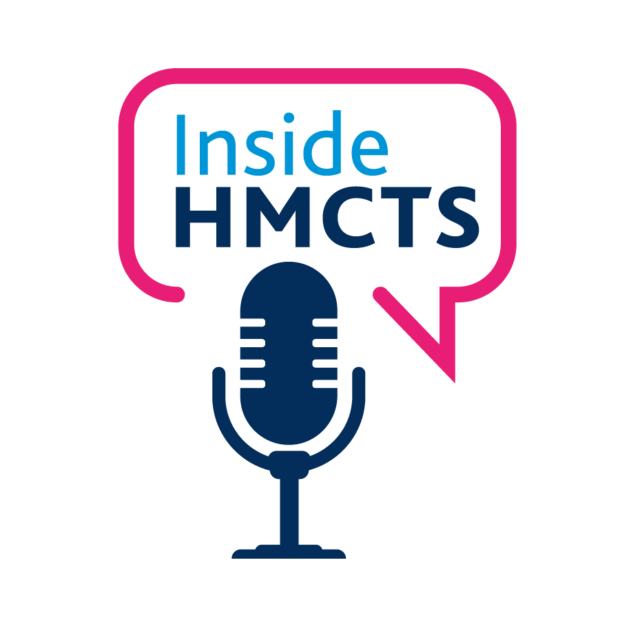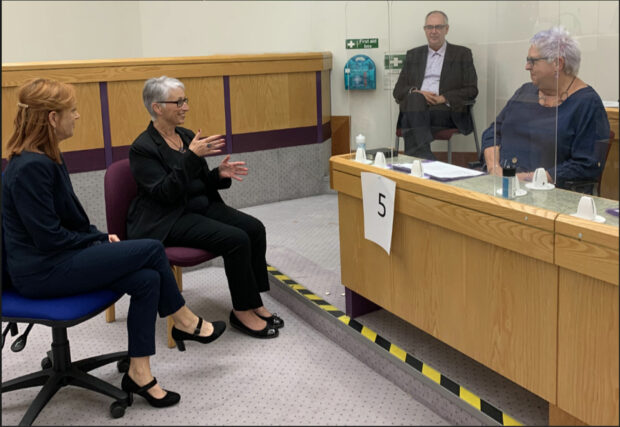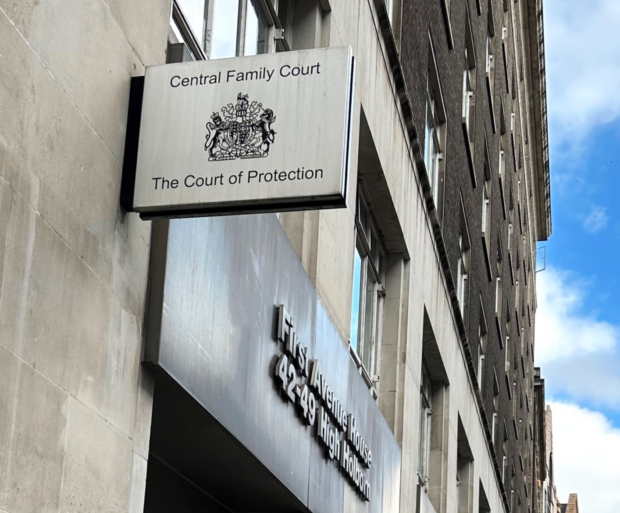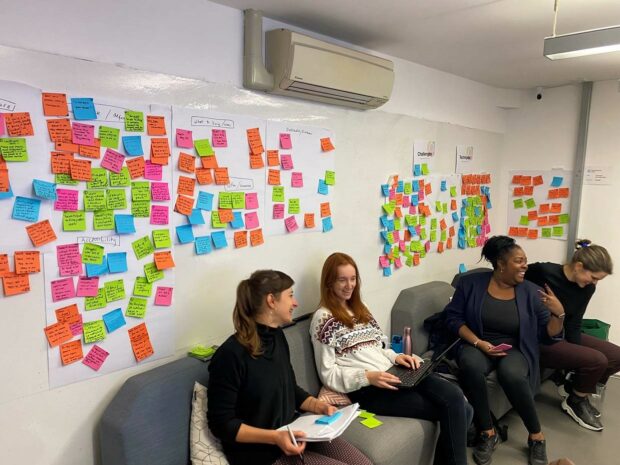Neurodiversity and remote hearings

In the latest episode of Inside HMCTS, our focus turns to an important and timely topic – how we're making remote hearings more accessible for neurodivergent people.

In the latest episode of Inside HMCTS, our focus turns to an important and timely topic – how we're making remote hearings more accessible for neurodivergent people.

Our Head of Insight, Luc Altmann, shares his experience of presenting at Organisation for Economic Co-operation and Development (OECD) Global Roundtable on Equal Access to Justice.

As 2023 comes to a close, our Chief Executive Officer Nick Goodwin, reflects on some of the achievements and challenges that this year has brought.

Earlier this year, law students from the University of West London joined courts in our south east region to gain an insight into the court system across our different jurisdictions.

Legislative changes to the Police, Crime, Sentencing and Courts Act now allow British Sign Language (BSL) interpreters to enter the jury deliberation room as a thirteenth person. We caught up with Karen, who made history last year at Croydon Crown Court becoming the first deaf person to complete jury service.

Mike Williams, Deputy Director of Service Excellence at HMCTS, writes about how we are improving court accessibility and supporting people who have disabilities or require reasonable adjustments.

In the first episode of our brand new podcast Inside HMCTS, we discuss the benefits of a modernised divorce process.

Luc Altmann, HMCTS Head of Insight shares how we’re assessing access to justice in our reformed services and using the information to improve outcomes for court users.

Mala Nair, acting Operations Manager at the Court of Protection, writes about how it helps people who cannot make decisions for themselves.

Since the pandemic remote research has become common practice; the HMCTS user research team conducted a workshop to explore the pros and cons of remote vs in person research, in particular looking at testing at a laboratory or facility.